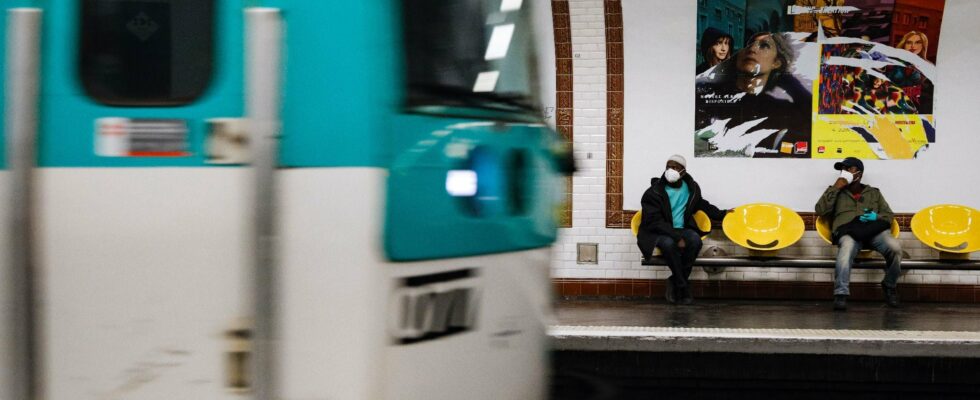Today, we are worried about transport problems during the Olympic Games with Béatrice Mathieu, senior reporter at L’Express and Jean-Loup Chappelet, honorary professor of public management at the Institute of Advanced Studies in Public Administration (IDHEAP) from Lausanne.
FIND ALL THE EPISODES OF THE MAGNIFIER
Listen to this episode and subscribe to La Loupe on Apple Podcasts, Spotify, Deezer, Google Podcasts, Addict Podcast And Amazon Music.
The team: Charlotte Baris (presentation), Mathias Penguilly (writing), Léa Bertrand (editing) and Jules Krot (directing).
Credits: RMC, RTL, Public Senate, France Inter, AFP, TF1, TMC, Arte, INA, Sud Radio, France Info
Music and dressing: Emmanuel Herschon/Studio Torrent
Image credits: GEOFFROY VAN DER HASSELT/AFP
Logo: Anne-Laure Chapelain/Benjamin Chazal
How to listen to a podcast? follow the leader.
Charlotte Baris: For months, we have only talked about the Paris Olympics in negative terms. It seems like everything is done to spoil the party. And if finally, these Olympic and Paralympic Games happened… well ? History is full of flawless Games – despite a few false starts and colossal challenges. So throughout the week, we wonder how to succeed in our Olympics.
To start this fourth chapter of our series “How to succeed in the Olympics”, I will tell you a story. The scene takes place on the eve of a certain edition of the Games. An international class judoka – big favorite in his category – is expected for the weigh-in before the start of the events. This step is decisive: if our athlete’s weight does not comply with his category, he may be prevented from competing.
The meeting is set for 8 a.m. The judoka leaves the Olympic village for the Palais des Congrès where the Judo, boxing and wrestling events will take place. Arriving at 7:30 a.m., he quickly understood that the weigh-in must in fact take place… in the Olympic village! For the judoka and his team, it’s panic. He quickly gets back into a taxi and harangues the driver to speed up. Except that in the meantime, the traffic has increased. The vehicle is struggling to make its way. Arrival at the Olympic Village: 8:06 a.m. The judoka missed the weigh-in, he will not be able to defend his title, won four years earlier. Months of training have just been lost just 6 minutes late. The judoka collapses: with him disappears all his country’s chances of winning medals.
This anecdote is true: this is what happened to David Khakhaleichvili, Georgian judoka and Olympic champion in Barcelona in 1992, who was therefore deprived of competition at the Atlanta games in 1996, because of road traffic. If I wanted to tell you this anecdote in detail, it is because it proves the importance of having an efficient transport system to succeed in the Olympics.
For further
Olympic Games 2024: perimeters, QR code… What awaits motorists when traveling in Paris
RATP, the underside of the Castex method: cuddle therapy and check policy
In Paris, the Olympics of discord: the foreign press is worried about the organization of the Games
2024 Olympics: teleworking, leave and walking… Advice from elected officials during the competition in Paris
